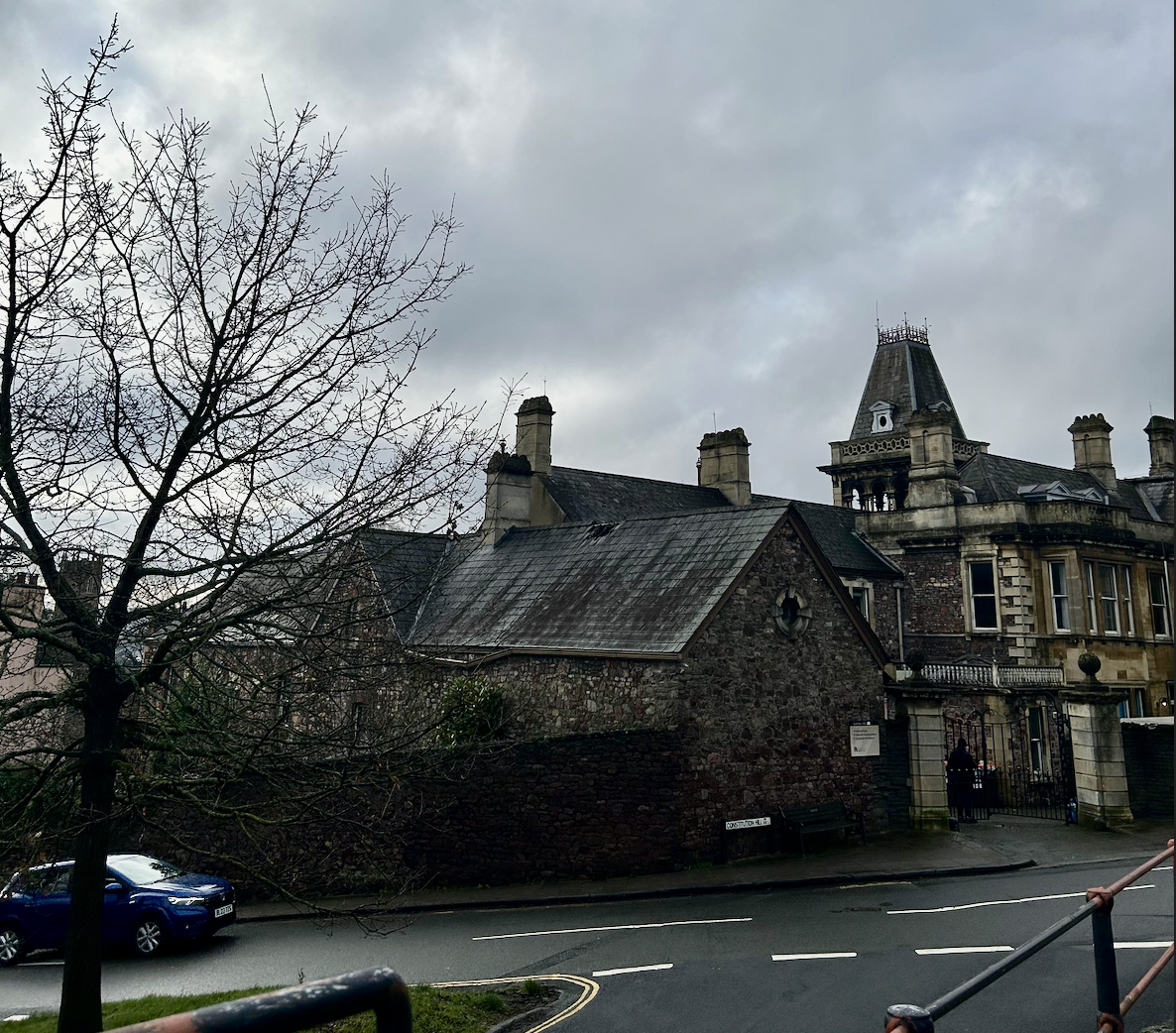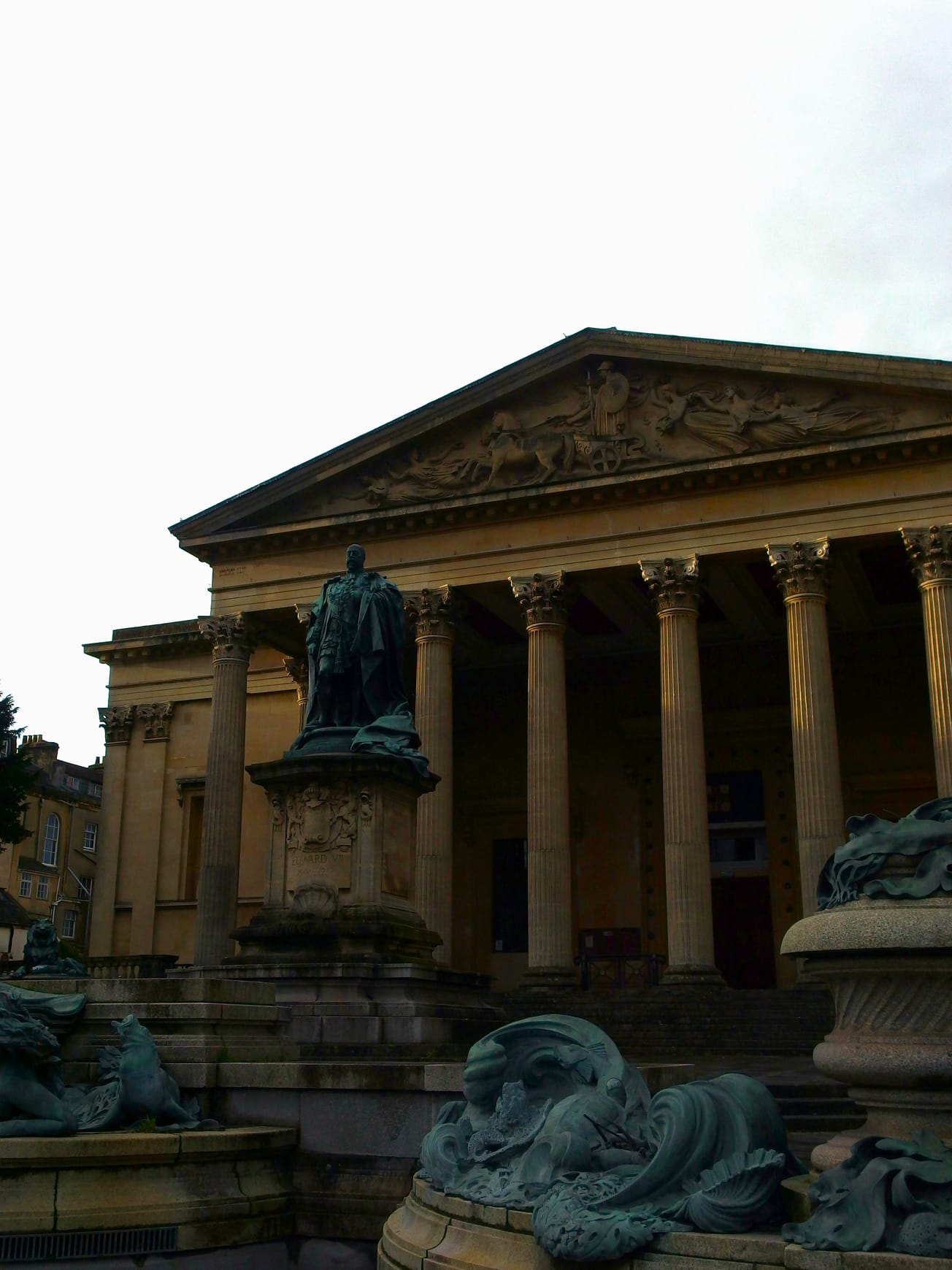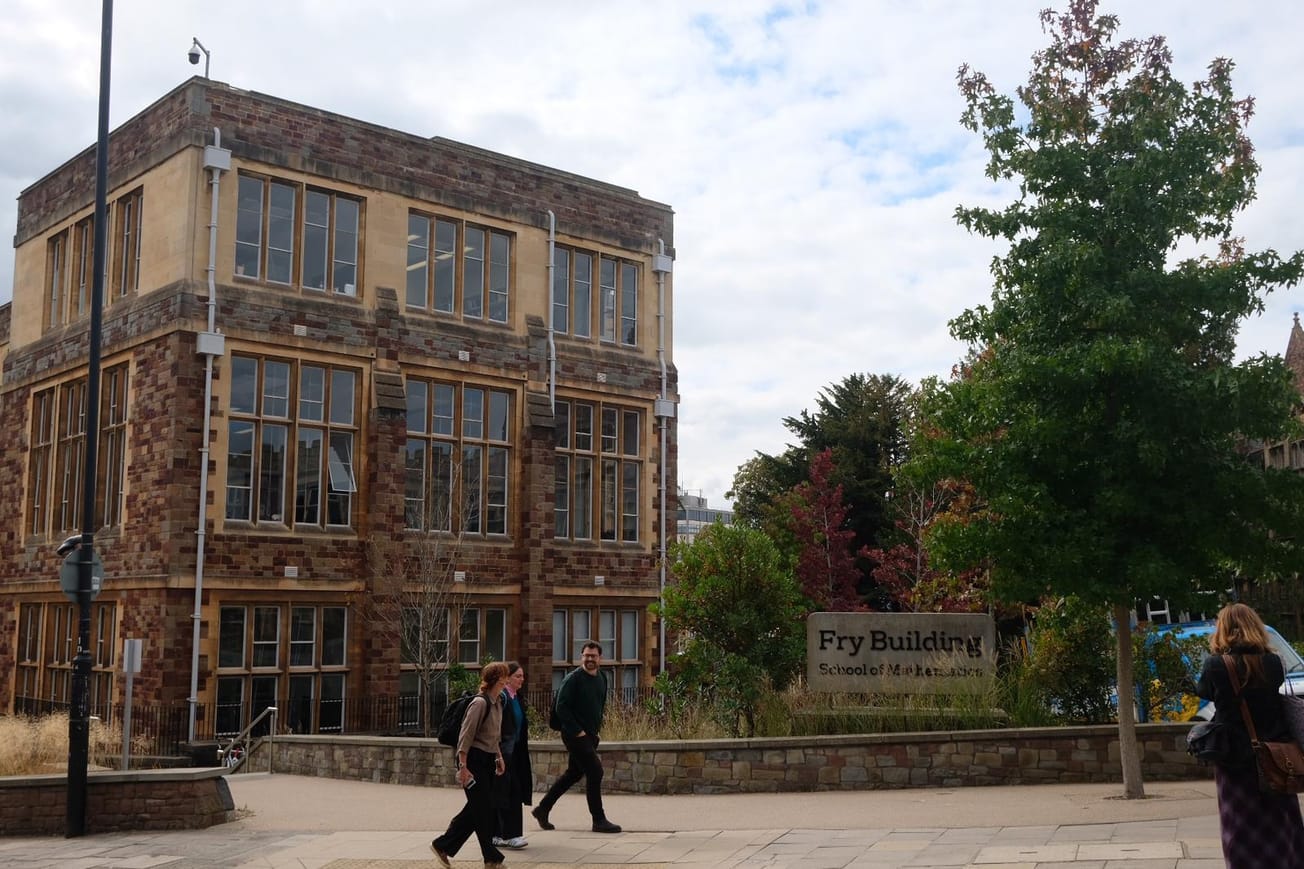By Will Standring, News Reporter
BBC Question Time, the channel’s flagship political debate show, was hosted in Bristol last week but failed to include any representatives from the City Council’s now largest party, the Greens.
The panel of five was composed of MPs from England’s three largest parties, two of whom represent constituencies in the South-West, as well as the editor of right-leaning magazine The Spectator and the Chief Executive of Oxfam.
Newly elected Green Party councillor and UoB 2021 graduate, Patrick McAllister, said of the snub: ‘imagine hosting a political panel discussion in a city where the Greens are the largest party on the council, including the party's co-leader, and not inviting a single one.’
Bristol Green Party Councillor, Ani Stafford-Townsend, claimed they were offered a ticket to the event which was then withdrawn when the BBC discovered they were an active Green.
The Green Party became the largest party on Bristol City Council in February of this year following a narrow by-election victory, having previously held the same amount of councillors as Labour.
However, this does not give the Greens political control of the city because the Mayoral system places policy decisions in the hands of Labour Mayor, Marvin Rees, who was comfortably re-elected in May 2021.
24-year-old McAllister beat Liberal Democrat former government minister and ex-Bristol West MP Stephen Williams by just 26 votes to gain Hotwells & Harbourside’s sole seat on the City Council.
The by-election was triggered after the previous Lib Dem councillor, Alex Hartley, announced he was stepping down for mental health reasons in late 2022, having won the seat by the same margin of 26 votes in May 2021.
I’m humbled to be elected as councillor for Hotwells & Harbourside. Thank you for showing your faith in me.
— Patrick McAllister🌱 (@PatDBMcAllister) February 3, 2023
I’m so excited to join the biggest & best team of councillors in our city. All 25 of us @bristolgreen cllrs will work hard for residents all year round.
Let’s get to it! pic.twitter.com/iv6bjqJcn1
McAllister’s victory took the Greens to 25 out of the 70 seats on the council, more than rivals Labour on 24. The defeat saw the Lib Dems’ tally fall to five, a sharp decline from when they controlled the council only a decade ago.
With the mayoral system set to be abolished in 2024, after a 2022 referendum came out in favour of the committee system the Greens are setting their sights on control of the city in the 2024 local elections.
Leader of the Green Party group on Bristol City Council, Heather Mack, acknowledged this, stating: ‘The direction of travel is clear – Bristol is turning Green.’
The victory also raised questions about the security of Labour’s Bristol West parliamentary seat, as the Greens now hold 17 of the 20 council seats in the constituency.
Your in Bristol, the biggest party on Bristol council is the Green Party. The current Green Party Co Leader is also a GE candidate in Bristol. Yet you don’t have any Greens on. We are only allowed on once a year apparently🙄
— Philip Davies (@phildavies1995) March 30, 2023
Question Time really is beyond a joke at this point🤦♂️ https://t.co/Y2L8gFozGa
Incumbent Labour MP Thangam Debbonaire retained the seat in 2019 with a majority of 28,219, although this was a fall from her 2017 majority of 37,336. In the same election, the Green Party saw their vote share almost double.
The proposed boundary changes for the next General Election place Debbonaire’s seat in further jeopardy, as her newly named Bristol Central constituency will lose traditionally Labour areas like Easton and Lawrence Hill, instead being more concentrated in areas with high university populations, such as Cotham, where the Greens will fancy their chances.
The by-election campaign was strongly centred around the Cumberland Basin regeneration plan and Harbourside’s cladding problem.
Both Williams and McAllister were critical of the regeneration plan, which would see infrastructural improvements and 3,000 new housing units, citing environmental concerns and a lack of community consultation.
Labour’s Eileen Means defended the plan on the grounds that the area was in need of redevelopment and that the council’s development committee found no flood risk in the area.
Means also branded herself the ‘cladiator’ with regards to the November discovery of flammable cladding on 37 tower blocks, including The Crescent, the issue on which she focussed her campaign.








